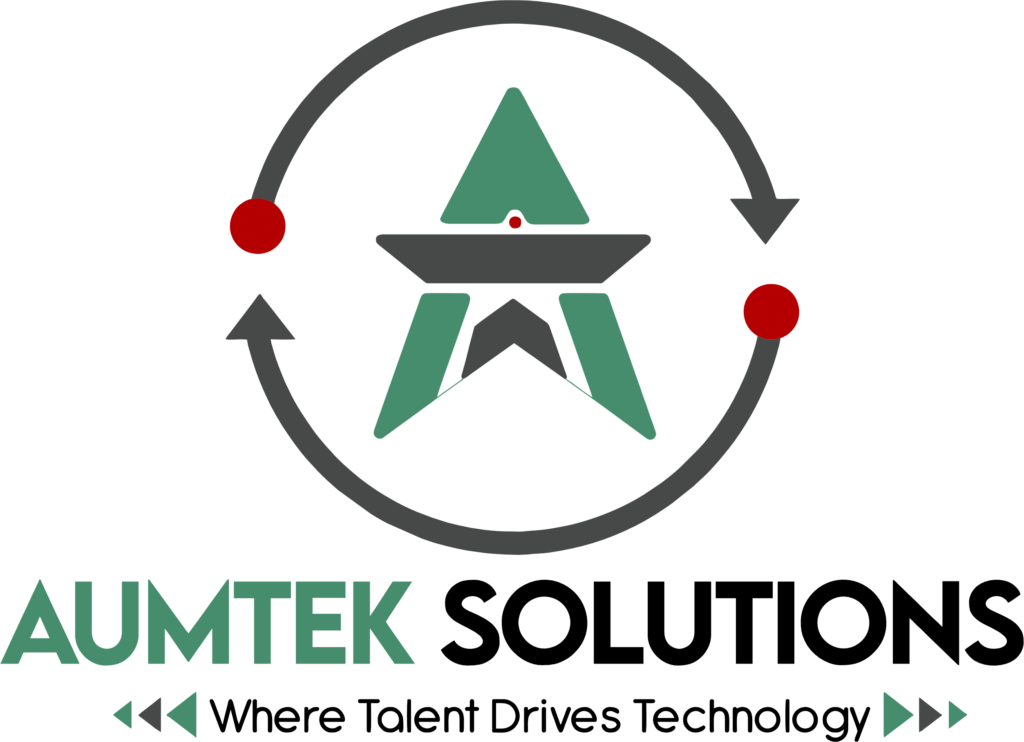Workday is a leader in cloud-based Human Capital Management (HCM), financial management solutions, and Enterprise Resource Planning (ERP). Designed to help organizations across various industries streamline operations, Workday provides tools that optimize processes and enhance efficiency.
The Need for Workday: Addressing ERP Limitations
The pandemic underscored the need for digital transformation, pushing companies to adapt their ERP systems for remote operations and rapid change. Traditional ERP systems, whether on-premise or cloud-based, often fell short due to:
- Rigid Processes
- Fragmented Data
- Low Agility
These challenges highlighted the need for intelligent, adaptable technology—this is where Workday excels.
Workday’s unified Data Core supports end-to-end business operations, offering:
- Agility to adapt swiftly to changes.
- Built-in analytics and machine learning for real-time insights.
Workday represents a new class of software, equipping organizations with the tools to respond dynamically to today’s evolving business environment.
A Brief History of Workday
Founded in 2005 by Aneel Bhusri and David Duffield, Workday has grown to become a global leader in software and cloud computing. Its offerings cater to corporations, government agencies, and institutions worldwide.
Key milestones:
- IPO (2012): Workday debuted on the New York Stock Exchange, raising significant capital.
- Strategic Acquisitions: From analytics to machine learning and employee engagement, Workday’s acquisitions have expanded its capabilities, including its 2021 acquisition of a Vendor Management System (VMS) enterprise.
- Industry Recognition: In 2020, Fortune ranked Workday 5th on its “Top 100 Companies to Work For” list.
Workday’s Comprehensive Suite of Solutions
Human Capital Management (HCM)
Workday HCM supports critical HR functions such as:
- HR Management
- Benefits Administration
- Talent Management
- Payroll Solutions
- Workforce Analytics
With a focus on enhancing employee experiences, Workday HCM enables managers to lead teams effectively while empowering employees with tools for measurable growth.
Financial Management
Workday automates financial processes with features like:
- Machine learning for anomaly detection and correction.
- Real-time data insights for strategic decision-making.
- Comprehensive transaction documentation to enhance risk management and compliance.
Student Management
Workday Student integrates students with institutions by streamlining:
- Registration
- Degree tracking
- Financial aid management
This provides real-time data insights for academic and administrative decision-making.
Supply Chain Management
Workday’s supply chain tools are particularly impactful in healthcare, offering:
- End-to-end visibility into sourcing, purchasing, and inventory.
- Seamless integration with HR and financial systems for comprehensive oversight.
Payroll Management
Workday’s payroll solutions provide:
- Tailored payroll processes.
- Insights and analytics for cost management.
- Flexibility for scalable resource management.
How Workday Differs from Traditional ERP Systems
Unlike legacy ERP systems—often rigid and fragmented—Workday was built natively in the cloud, offering unparalleled flexibility.
- Unified Data Core: Combines financial and HR data for real-time insights.
- Agile Processes: Adapts seamlessly to changing business needs.
- Native Cloud Architecture: Unlike traditional ERP systems that migrate to the cloud, Workday’s architecture is purpose-built for scalability and efficiency.
While many cloud ERP systems focus on cost reduction, Workday bridges the gap between process and execution, enabling businesses to capitalize on new opportunities.
Market Presence and Impact
Workday is a dominant player in the HCM and ERP markets:
- Global Reach: Over 25,000 customers in 137 countries.
- Market Share: Commands 24.35% of the HCM and ERP markets.
Its focus on innovation and user-centric design makes it a preferred choice across industries.
Conclusion: The Workday Advantage
Workday’s enterprise management cloud solutions stand out for their intelligent architecture and four key strengths:
- Strong Foundation: Embedded security, machine learning, and scalable architecture ensure continuous innovation.
- Business-Centric Applications: Tailored to organizational needs rather than conforming to rigid software models.
- Holistic Insights: Provides real-time, actionable data across finances, operations, and workforce.
- Agility and Scalability: Enables organizations to adapt swiftly to dynamic market conditions.
Workday is more than a cloud ERP system; it’s a transformational platform empowering businesses to thrive in an ever-evolving landscape.


